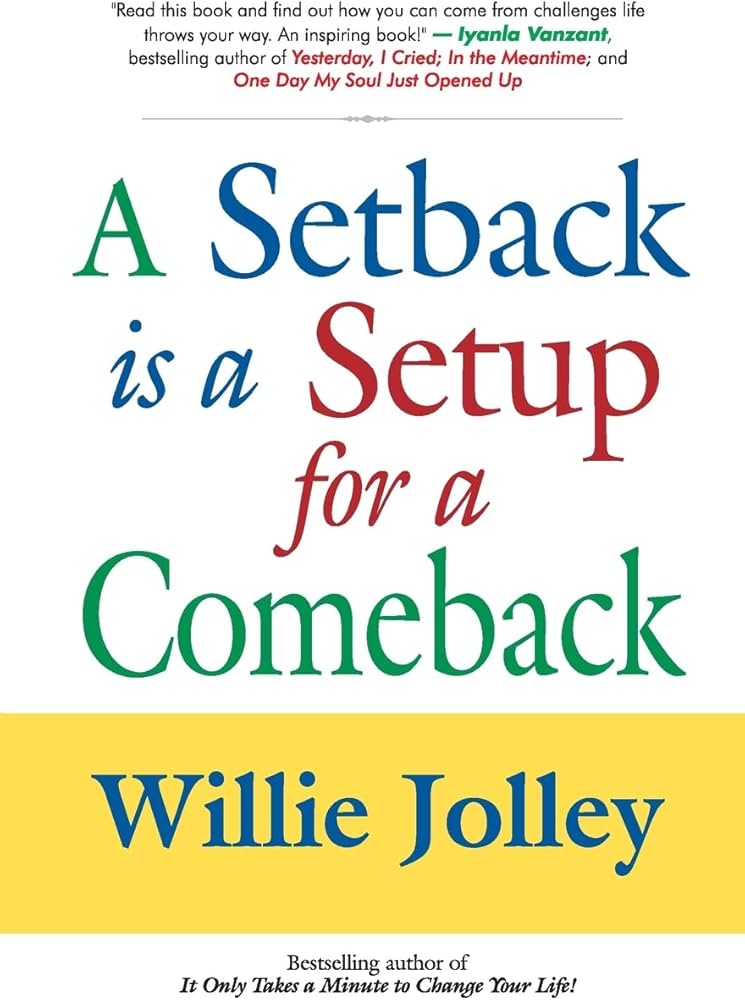
**Why Science Blogging Is Important (and Why You Should Consider Trying It Too)**
In a realm filled with misinformation and endless distractions, science blogging has emerged as a vital means of disseminating knowledge, igniting curiosity, and initiating conversations about the marvels of our world. If you’re perusing this, there’s a good chance you’re either a science aficionado or someone simply fascinated by the mechanisms around you. In any case, welcome! Let’s explore why science blogging is not only enjoyable but also why it holds greater significance now than ever—and why I’m reengaging with it myself.
—
### Rekindling the Blogging Flame
There’s something uniquely rewarding about converting intricate scientific concepts into relatable, engaging narratives. For many who are awed by the intricacies of a black hole, the brilliance of CRISPR gene editing, or the fascinating formations of snowflakes viewed under a microscope, science feels like an extraordinary treasure hunt. Each discovery leads to new inquiries, encouraging us to investigate, learn, and contemplate.
However, like various pastimes, science blogging can easily be put on the back burner due to the pressures of daily life. I confess it’s been a while since my previous entry, but as we embark on another journey around the sun, I’m committed to resurrecting this passion project. Why? Because sharing the thrill of science with an eager audience is incredibly gratifying. Be it a breakthrough in quantum computing or the miracles of photosynthesis observed daily, every subject becomes more thrilling when it’s discussed.
—
### Why Science Blogging Is Beneficial
#### 1. **Making Science Accessible**
A key objective of science blogging is to render science approachable and engaging for all—especially for those lacking a formal education in the field. In an era rife with misinformation and pseudoscience, reliable and understandable science content serves as a source of clarity. Blogs provide an ideal platform to connect scholarly articles with general readers.
Have you ever attempted to read a peer-reviewed article packed with jargon, statistics, and complex formulas? It’s not the easiest read. Science blogging distills that into narratives and comparisons that resonate. It’s akin to inviting readers to explore the cosmos with a guided telescope instead of forcing them to squint unaided.
#### 2. **Nurturing a Sense of Awe**
Science blogging transcends merely conveying facts—it’s about evoking wonder! Recall that awe the first time you grasped the vastness of the universe or the complexities of DNA replication? Through science blogging, we can rekindle that marvel and motivate others to continue questioning.
#### 3. **Promoting Discussion**
Science isn’t merely a set of fixed facts; it involves questioning, testing, and evolving knowledge. Blogging fosters an environment where readers can partake in dialogue, share their views, and even contest ideas. The comment section of a well-crafted article can ignite meaningful conversations and enrich everyone’s comprehension of the subject.
#### 4. **Supporting Lifelong Learning**
For bloggers like myself, engaging in science writing is a mutual process. It’s not solely about educating others; it’s also about learning in the process. Each post necessitates research, fact-checking, and often delving into topics I believed I understood. Blogging provides a reason to continue learning, and honestly, that’s one of the most rewarding aspects of this journey.
—
### Why This Moment Is Ideal for Science Blogging
The early 21st century may be considered the most thrilling era in the annals of science and technology. From remarkable breakthroughs in space exploration (hello, James Webb Space Telescope!) to transformative health innovations like mRNA vaccines, countless fascinating subjects await exploration. Issues like climate change, artificial intelligence, renewable energy, and biodiversity are urgent global concerns where science is vital—and there’s an increasing necessity to make these topics accessible to the public.
Moreover, social media has made disseminating science easier than ever. A captivating blog post can quickly gain popularity on platforms like Twitter (or X, as it’s called these days), Facebook, or Reddit, reaching audiences far beyond its initial readers. The chance to inspire and educate millions has never been higher.
—
### Challenges to Consider
Of course, like any creative endeavor, blogging presents its own challenges. Writer’s block, sourcing trustworthy information, maintaining consistency, and staying updated with the latest research can be daunting. However, the real truth is that perfection isn’t required. Science blogging isn’t about being an impeccable authority; it’s about expressing your curiosity and passion genuinely. And that’s a standard anyone can achieve.
—
### A Personal Commitment
As I reenter the realm of science blogging, my aim is to find a balance between enjoyment and informative content. I aspire for this space to be a celebration of our universe’s complexities. Whether it’s exploring the newest discoveries or